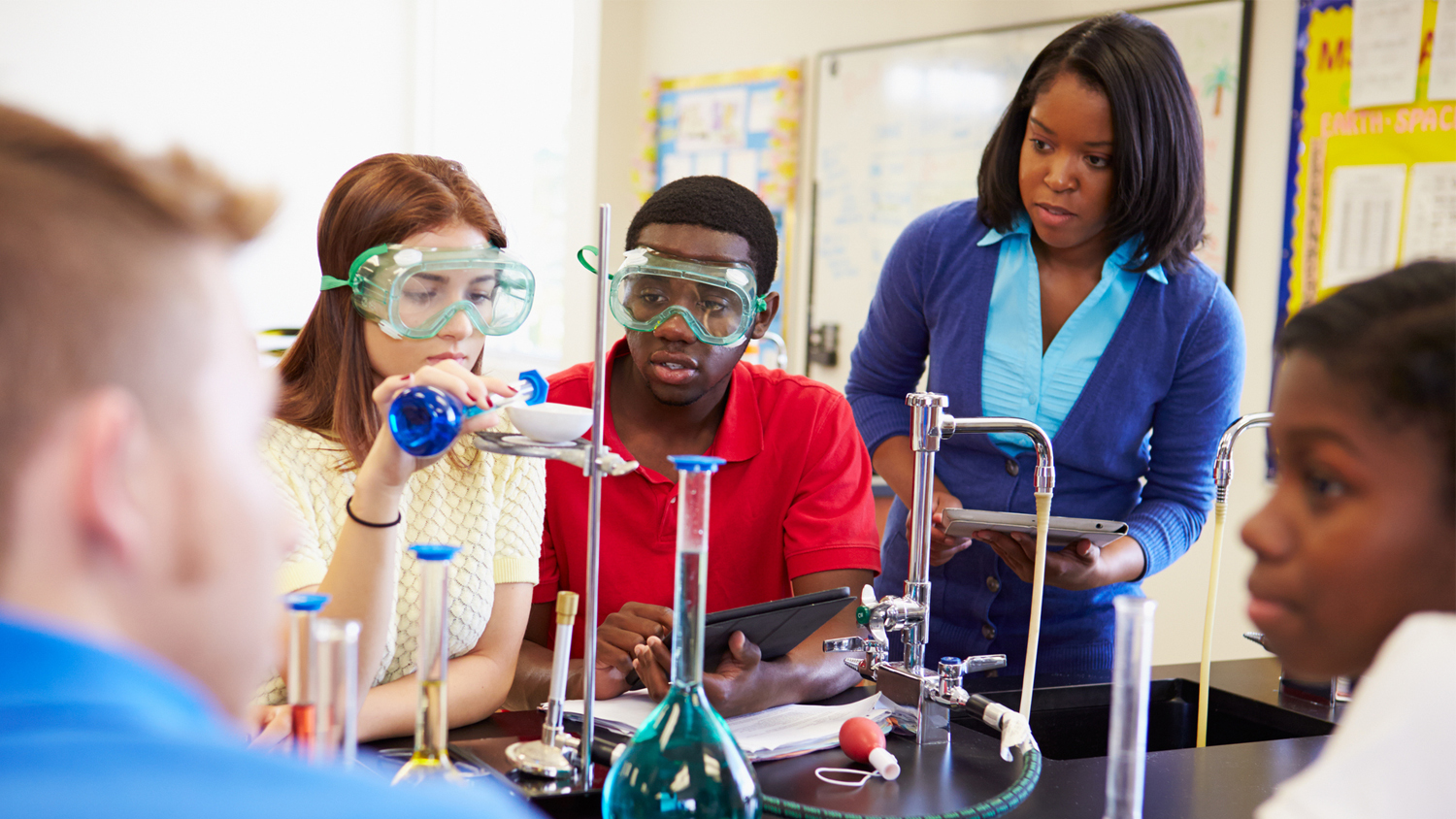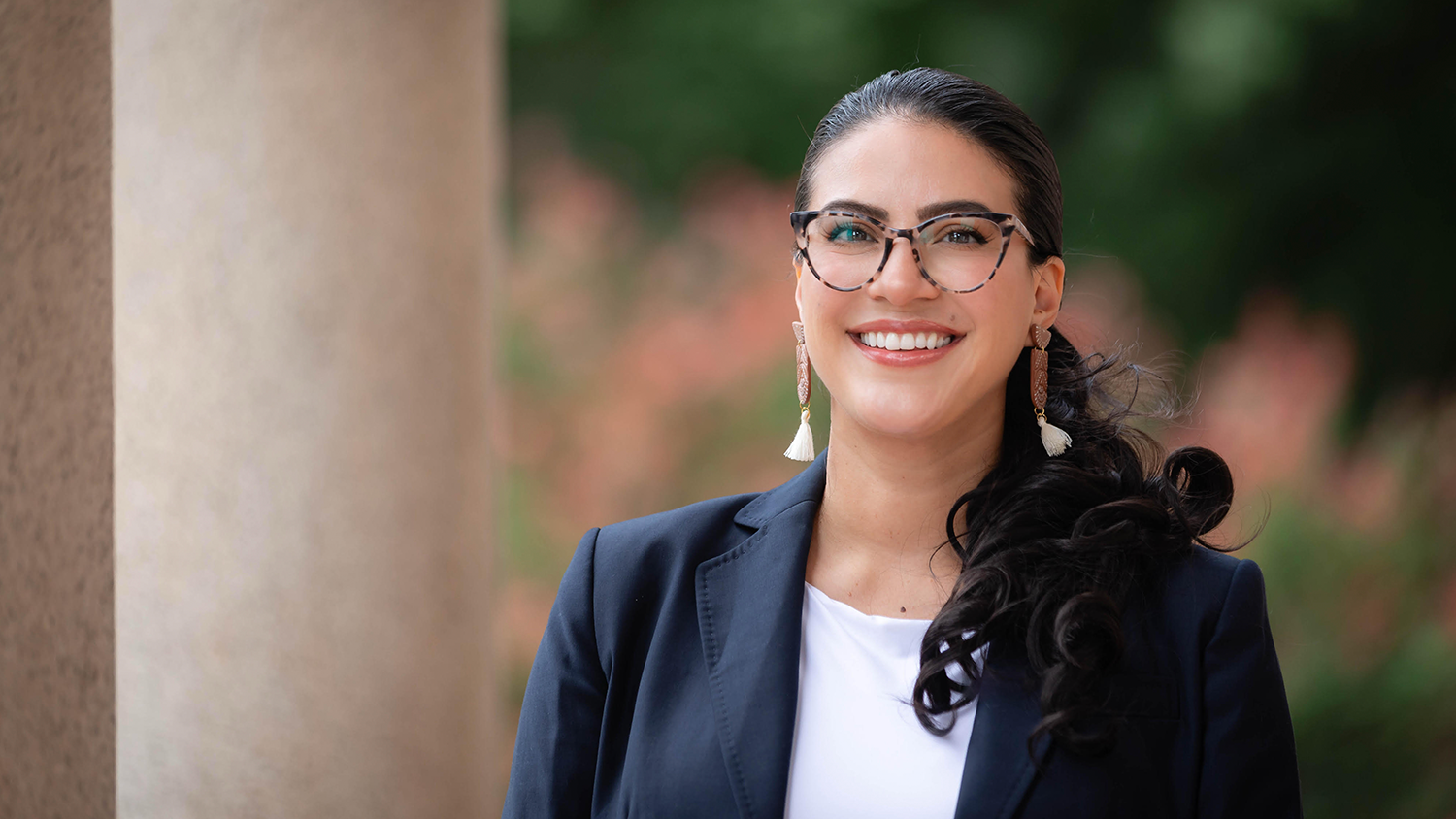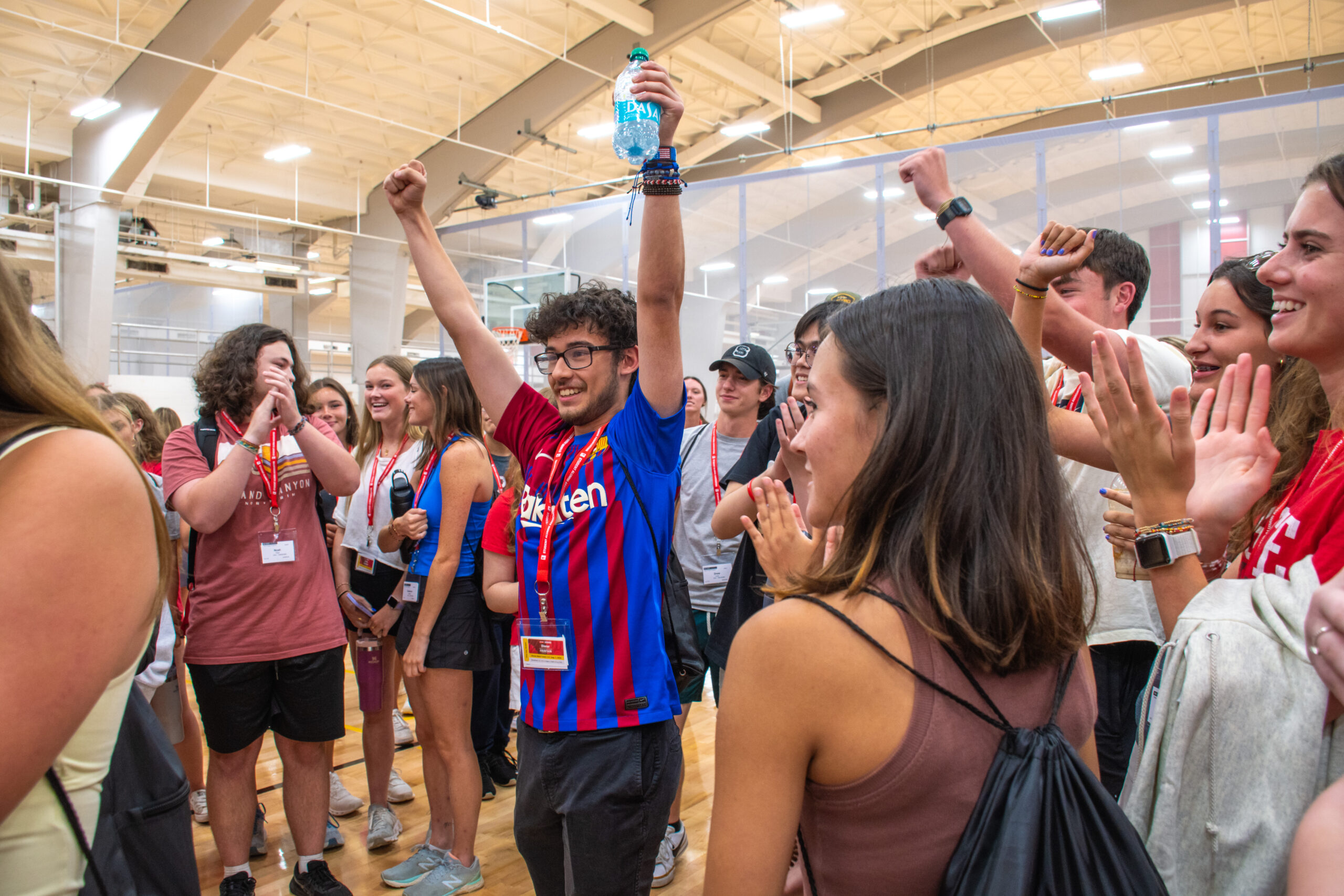Professor Meg Blanchard to Help Teachers Bring Eco-manufacturing Research, Career Connections to Classrooms Through Work on $3 Million Grant-funded project

Electronics are prevalent in almost every facet of life, but typically produce vast amounts of waste while their manufacturing process uses limited, scarce elements. The need to develop electronics that use energy-efficient manufacturing processes and renewable resources that degrade or can be repurposed is being addressed by a team of interdisciplinary researchers.
The education and workforce development aspects of the project are being led by Co-Principal Investigator Meg Blanchard, a professor of science education in the NC State College of Education.
Blanchard is part of a team of NC State researchers who were awarded a $3 million Future Manufacturing Research Grant from the National Science Foundation to conduct further research into soft electronics and eco-manufacturing processes to address this epidemic of waste.
The grant will support further research into the eco-manufacturing of recyclable soft electronics, such as wearable devices. This will be accomplished through studying the integration of select biodegradable and recyclable materials and the utilization of sustainable manufacturing processes guided with economic and environmental life-cycle assessments.
The team’s work is divided into five areas: materials development, eco-manufacturing, biodegradation/recycling, environmental and economic life-cycle assessment, and education and workforce development.
Blanchard’s role in the project will focus on curriculum innovation. She aims to convert the ongoing research and bring career connections into high school laboratories, lessons and free online courses that will be available to the broader community, with a particular focus on high school science teachers.
“Solutions to these pressing issues require a talented and diverse workforce. It is hoped that through this project, underserved and diverse students at the high school, undergraduate, graduate and postdoctoral levels will be recruited and trained on career pathways in eco-manufacturing and related sustainability careers,” Blanchard said.
“When I told Principal Investigator and College of Engineering Professor Yong Zhu that several people had asked me about my role on the grant, he said, ‘Tell them you are doing the most important part: education and workforce development!’ I am so impressed with the important work being done by the principal investigators on this project and how it reflects on the Think and Do mission of NC State.”
Blanchard said she will work with Richard Venditti, an Elis-Signe Professor in the College of Natural Resources, to develop hands-on laboratories that are both based on the team’s interdisciplinary manufacturing research and connected to the Next Generation Science Standards.
In the project’s third year, fifteen high school teachers will complete the online professional development courses during the school year to gain necessary relevant content knowledge. That summer, Blanchard and Venditti will conduct additional professional development sessions to help teachers learn about the eco-manufacturing of recyclable soft electronics and how to embed the labs, content and career connections into their current science courses.
In addition to the teachers gaining hands-on lab experiences, they will also be provided with the resources to support and engage high school students. Meaningful learning experiences will help students to develop awareness, appreciation for and potentially stimulate career interest in the soft electronics manufacturing industry, Blanchard said.
- Categories:


